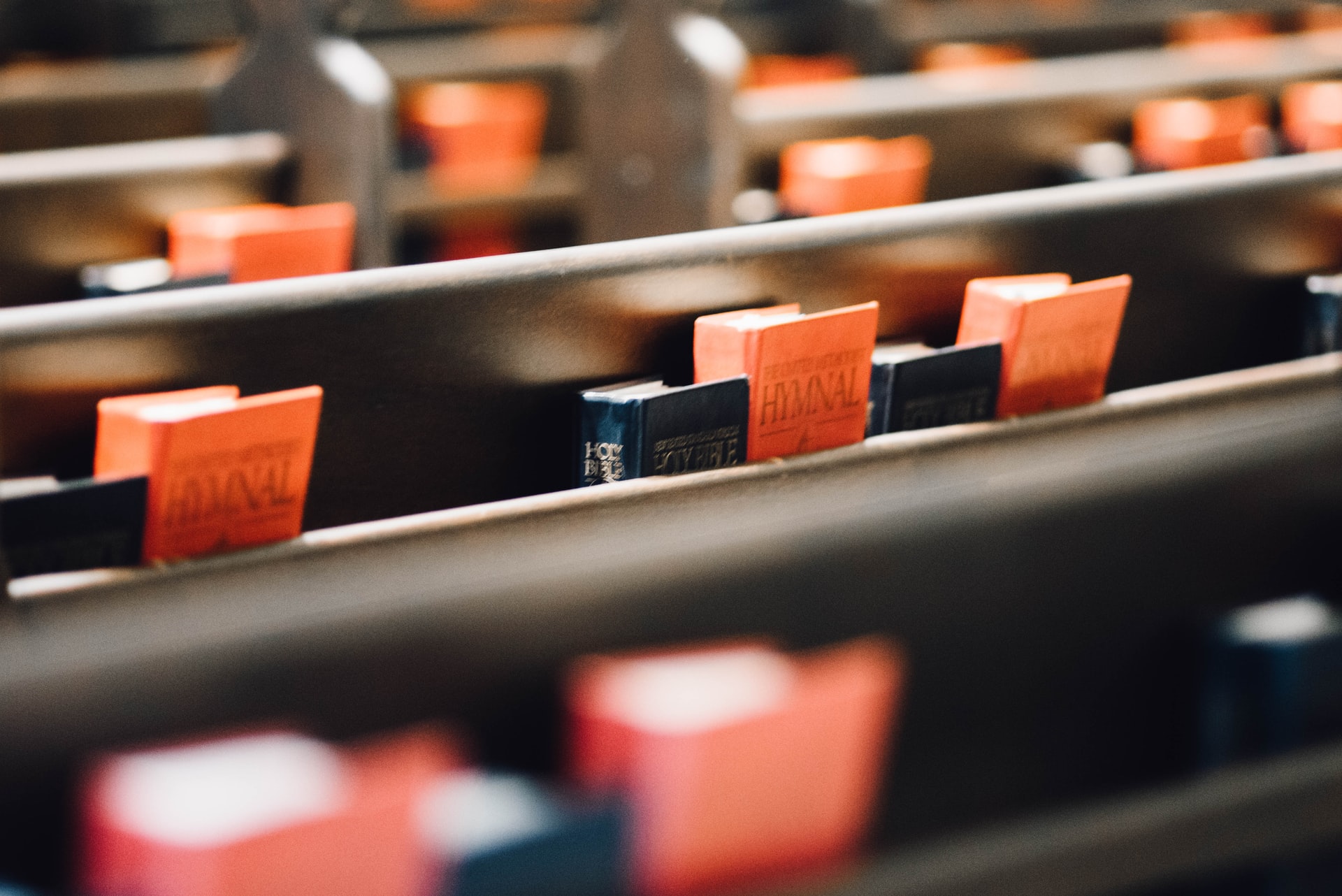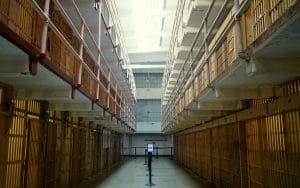I don’t remember what made me decide to watch Greenleaf on Netflix (a show produced by OWN) except that one afternoon, I was looking for something glossy, warm, and easy to watch. My assumptions of the series were very soon corrected.
Greenleaf tells the story of the eponymous family, a budding church dynasty full of charismatic, passionate pastors of a Black megachurch in Memphis. It’s not long before the cracks begin to show in their perfect facade of wealth, community status, and tight knit familial loyalty. The revelation of minor family secrets gives way to that of deep and dark tragedies.
The show jumps the shark before its halfway point (the fifth and final season is newly available on Netflix) and gets pretty soapy, but much like my continued intrigue when Downton Abbey lost its way, my curiosity (and a former coworker, also a fan) kept me watching. My investment led me to reflect on the main reason I can’t recommend this show to certain friends: they’ve been burned by a church in ways that mirror the show’s plotlines.
Herein lies my point about Greenleaf. It’s a great commentary on many of the worst problems in the American (or even western) church. Here’s a brief summary.
Nepotism: It’s evident in the protagonists’ family and in the later Harmony and Hope conglomerate that religious institutions are commonly a place for nepotism to flourish unchallenged. In real life situations, it’s a good opportunity to ask ourselves whether this is ethical for a church. Is this what Jesus intended for the Church? What are the benefits outside of simply buoying “our people”? What are the detrimental effects on the church and the “outsiders” in leadership? What does an everyday worshiper in the pews think when they see such institutionalized nepotism?
Power politics: Among religious entities in the show, there exists such sly and manipulative politicking that one might as well be watching Renaissance-era oligarchs play for power, or corporate ones present-day. The most disturbing element of this behavior is how often the characters excuse their moves as being beneficial for the church or in line with God’s plan for the church, excuses that don’t hold any water.
Keeping up appearances: Lady Mae Greenleaf is an elegant, steel-spined matriarch who begins the series an impassive force for keeping up the appearance of family unity, upright moral standing, and control. Where she won me over, deeply, was when she completely fell apart in season three. (Fellow viewers might remember the blues bar scene with the Brandy Alexanders.) The human fragility, fear, and flaws she hid away are the very qualities that make her endearing. Why is it that so often, the church is insistent on presenting a strong, flawless face to the world? How are we keeping ourselves inaccessible this way?
Lack of accountability: Without offering too many spoilers, it seems like there’s little a Greeleaf can do to end up in prison. Personally, this makes the characters less likable to me. It’s one thing to catch a lucky break and employ that overwhelming gratitude toward doing good in the name of mercy and grace. It’s another to move on with your power politics and personal agenda. With such sensitive issues as church sexual abuse, the lack of accountability seals the powerful trauma that keeps wounded people and their loved ones from ever returning to church.
My last observation on a show about church: where is God? You’ll see occasional emotional prayers offered in private. You’ll see impassioned speech from the pulpit, though rarely focused on God. In my mind, God is a minor character in this show, a background prop to be employed on occasion when a character is at a crossroads. I can’t say that this doesn’t reflect how I behave, sometimes. How often is God a background prop to me? Shamefully often.
And maybe this is the factor that could reform all the others. Can there be injustice and rampant pride when God is the central figure of a church and of an individual’s life?
There are other interesting issues raised by the show. I’m ill-equipped to discuss the racial issues broached with the introduction of Harmony and Hope’s white executives, and there are character development criticisms writers could discuss related to the arcs of Charity and Kerissa. One could even do an analysis of the parallels between the Greenleaf family’s dysfunction and that of several Old Testament families. But as a longtime Christian with an on-again, off-again and always tenuous relationship with the church, it’s an excellent show to highlight the pitfalls we must navigate if we want to keep believers from leaving their communities hurt and disillusioned.
Reality Changing Observations
Q1: Do you personally know someone who left a church because of common problems covered above? Do you know more than one such person?
Q2: What are some practical solutions to address nepotism and politicking in churches, whether small or large ones?
Q3: How can accountability, transparency, and humility change a church’s culture and future?






